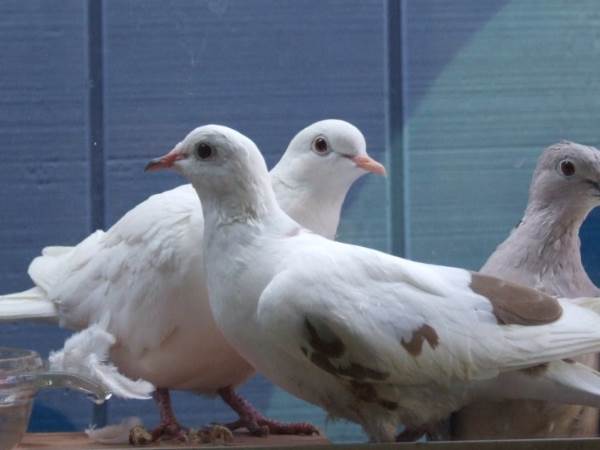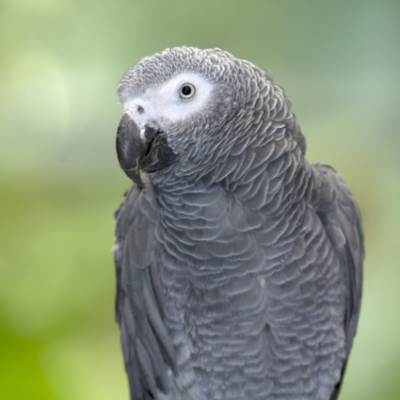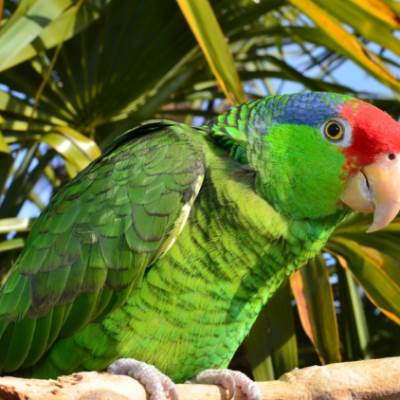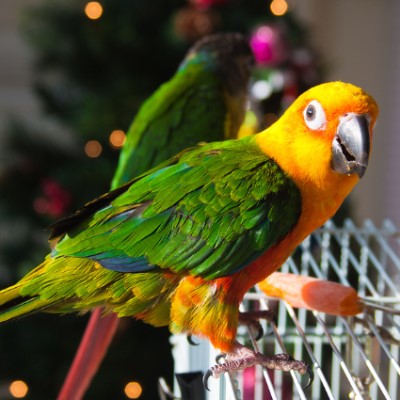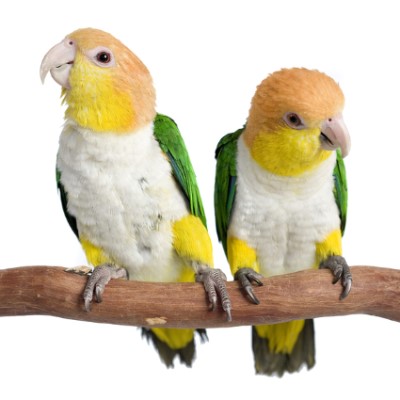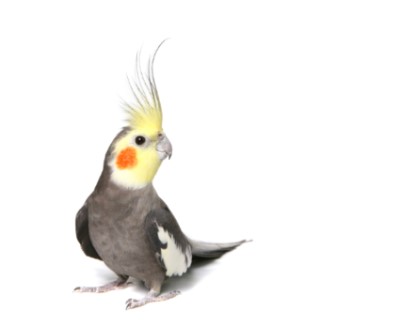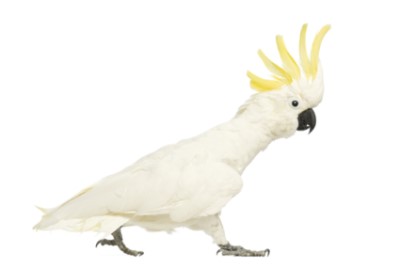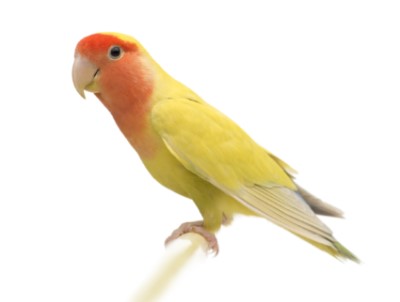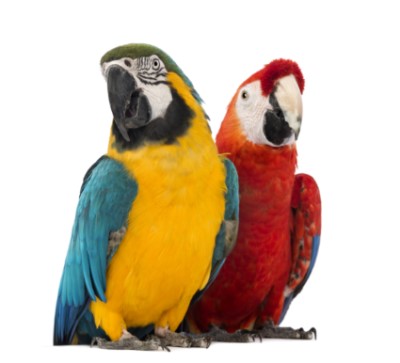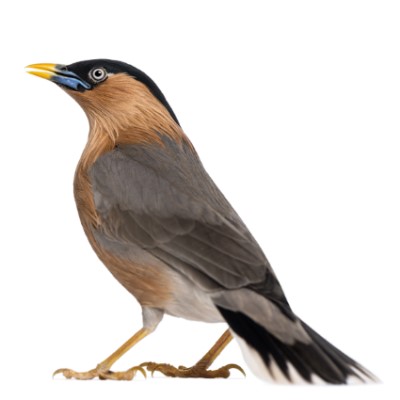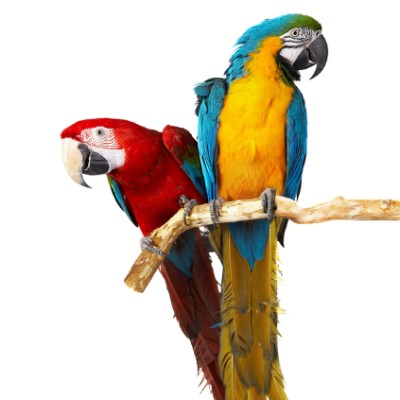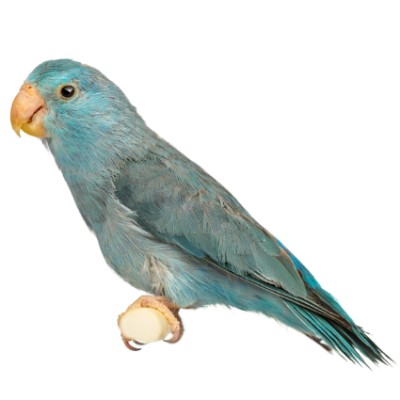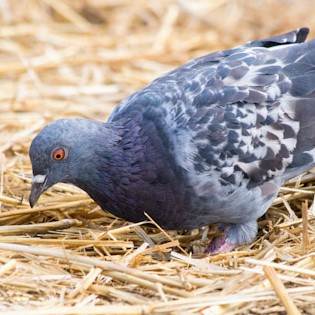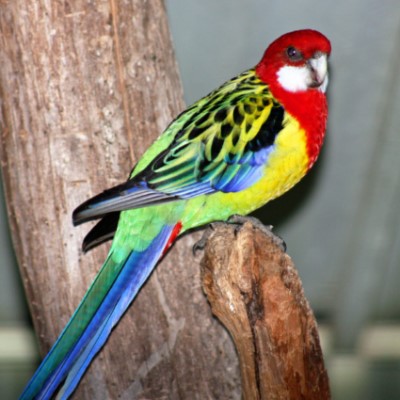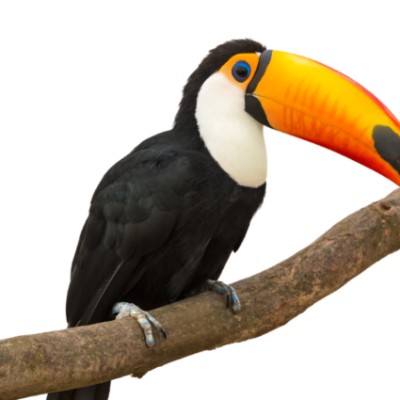There are three types of doves that make wonderful pets in American homes:
Ringneck Dove: The ringneck dove comes in many colors: dark brown, medium brown, fawn, tawny colored, tangerine and brown, white, and pied, which is a brown and white spotted color. Ringneck doves are gentle but social, a sweet bird that is really low maintenance. The ringneck dove is by far the friendliest and most popular dove to keep as a family pet. All doves want a mate and/or a flock to keep them company.
Diamond Dove: A diamond dove is very small, about 40 to 50 grams, and really would like nothing better than to be left alone. Diamond doves do not make good pets because they are timid, nervous, and not usually happy in a busy household. There are cases where this bird has starved to death after being moved to a new cage because he didn’t recognize a new food dish. If someone hand feeds the diamond dove from birth, she may be less afraid of people. The diamond dove is fun to watch and is much like a finch or a canary, which needs to be in his cage with his flock or his mate.
Exotic Dove: There are many species of exotic doves and each one needs a particular regimen of care that may deviate or add to what is written here about dove care in general. It is impossible to list all of the exotic dove species available today, so we recommend that you contact someone who breeds exotic doves and get specific information on the particular dove you wish to adopt.
Common Reasons for Surrender
A single dove will coo a lot, calling for a mate, a sound that some people find annoying and others find delightful. Doves are prolific reproducers and can easily have two babies every two months. The youngsters mature quickly, so you can start out with a pair of doves and end up with a flock, which is overwhelming for an owner who started off wanting two doves to enjoy in his home. There is a remedy for this problem. Because there are so many doves that need to be adopted, rescuers will remove new eggs and replace them with fake ones. The parent doves continue to nest and care for the fake eggs as though they were real, but the reproduction is halted.
Pros
Doves love to romance with their mate, build a nest, sit on eggs, and nest. In fact, a dove will spend all day on the nest. The dove’s primary drive is to reproduce, to sit on her nest, and to care for her young. Doves are sweet, easy going, and low maintenance. They’re not as smart as pigeons, but very social. They will sit on your shoulder, eat out of your hand, and hang around on your computer monitor. They’re great little travelers. They’ll go in the cage to the car and watch out the window as you drive.
Cons
You can’t let them free fly in the home because if someone comes in and opens the door or a window is open, they’ll fly out. They are tiny birds. If you bump into the dog, the dog won’t die. A bird will die if you trip over her. The dog and cat can coexist fine for years with the dove and one day a dove lands on the dog’s back and suddenly there is a reaction or even a fatal encounter.
Some rescuers are overwhelmed in trying to place the doves that come into their rescue centers; therefore, they do not advocate breeding doves. Some rescuers will buy mates, but when the doves (or pigeons) lay their eggs, they will remove the live eggs and replace them with fake ones.
Diet
You can buy a dove food mix at most pet stores. The dove also needs clean water to drink and grit. You can put two heavy, shallow crocks on the bottom of the cage and fill one with water and the other with a little more than half of a cup of dove food mix once a day.
Exercise
The dove should be taken out of her cage one or more times daily to stretch her wings and to fly around the house a bit. Be sure all windows and doors are closed and all appliances are off. Appliances such as the stove, fireplace, fan, or space heater can kill or injure a bird. Incredibly, you can purchase little “bird pants” for your dove so that any droppings are caught in the pants and do not land anywhere in your house.
Possible Health Issues
Doves don’t normally become sick. The biggest hazards to a dove’s indoor life are fumes and toxins created from nonstick cooking pans and wood smoke and falling prey to other pets. It’s important to take your dove to the vet whenever she has a cut or a wound. The wounded area can look as though it is healing when, in fact, it is actually infected beneath the skin. Contact the Association of Avian Veterinarians to ask where you can find an avian vet near you.
Housing
The dove needs high perches and high flat surfaces to perch on. Picture a window sill. If you choose to build your own outdoor aviary, your doves will be so happy. Whether inside or outside, be sure that your perches are knobby and more like branches rather than the same diameter the whole way across. Your dove will need to be taken out of the cage one or more times per day to stretch his wings and fly.
You can use cage liners on the bottom of the cage. Place a stack of cage liners on the bottom and every morning pull the top one off carefully and bunch it up and throw it away.
Grooming
Doves love to bathe and they love sunlight. Most people don’t know that birds are dependent on an avian-safe full-spectrum light bulb. They will need a UV light for sunlight because a room inside the house looks very dark to a dove.
Training
They’re not quite as smart as pigeons. If you enjoy training, get a pigeon or a parrot.
Entertainment
Doves spend a lot of time preening one another. It’s fun to watch them snuggle, flirt, and romance one another.
We want to thank MickaCoo Pigeon and Dove Rescue in San Francisco, California, for help with this profile.
